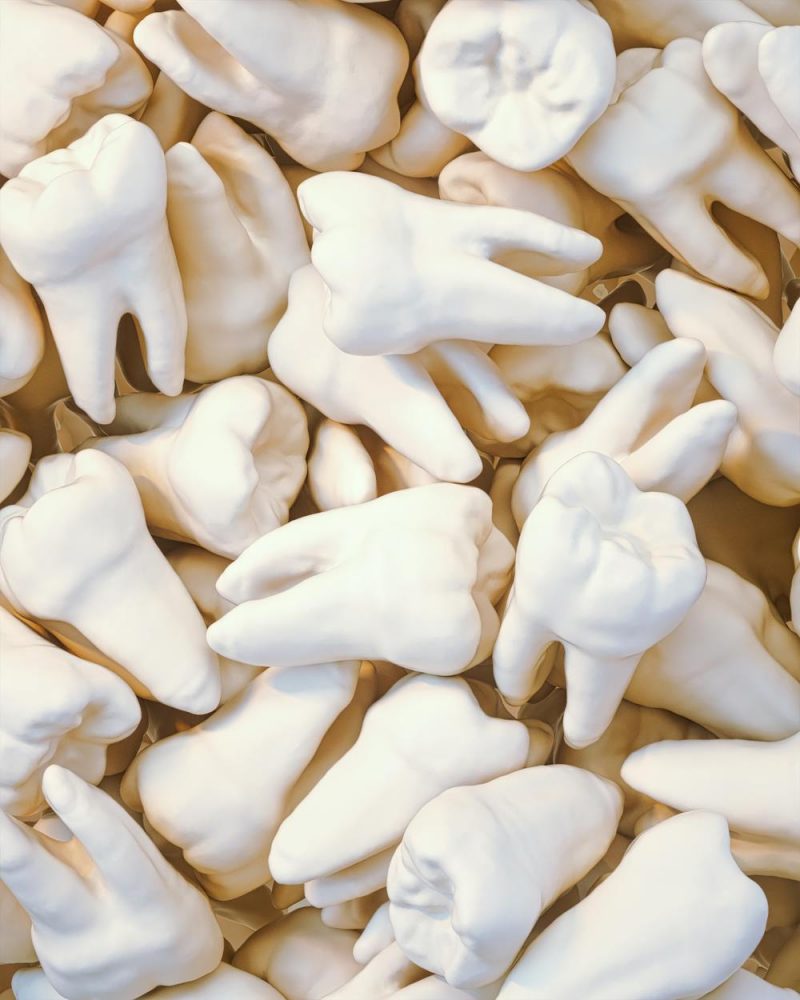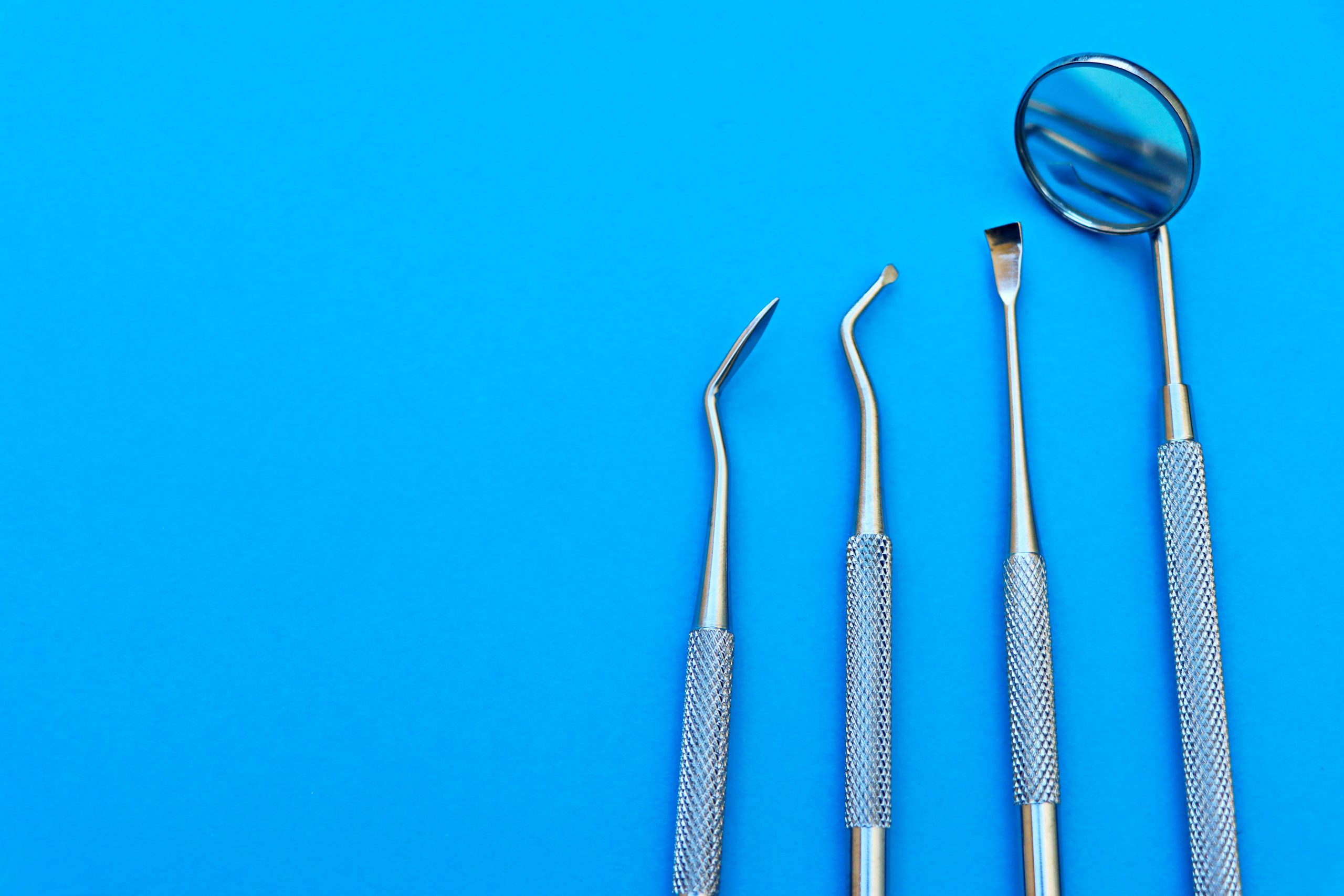
Our Dentist-Approved Tips to Improve Your Sleep at Night
February 23, 2021
What Happens When You Don’t Take Out Your Wisdom Teeth?
March 16, 2021Stress is nobody’s best friend, especially where health is concerned. While you may usually feel it in the form of migraines and muscle tension, there is a surprising aspect of your health that is also significantly affected as a result: your teeth and mouth. Understanding just how stress affects your oral health is essential to maintaining it and preventing issues from developing later on. If you’re searching for a tooth pain remedy, but your dentist has ruled out cavities and the like, then it may be due to stress. Here are six ways stress can wreak havoc on your oral health.
-
Teeth Grinding
Most people who grind their teeth aren’t aware until they do it until they take a trip to the dentist. This is because it usually happens when you’re asleep, and it is a very common oral health problem that causes damaged teeth, headaches, and jaw stress. Stress and anxiety are major causes of this problem, so targeting the root might involve meditation, counseling, and exercise. Dentists will also typically design a tooth guard for you to wear in the evening.
-
Canker Sores
More commonly known as canker sores, mouth ulcers are caused by vitamin B deficiency and are usually triggered by irritation or injury to the mouth, such as accidentally biting your cheek. Another cause for recurring canker sores is stress, so before and after you visit the dentist to purchase pain relief gel, consider reducing your stress levels too.
-
Gum Disease
If you feel persistent gum pain, then it might be worth taking a trip to your dentist as soon as possible. This is usually the first sign of gum disease, the treatment of which is greatly affected by your stress levels.
-
TMJ Disorder
Temporomandibular joint (TMJ) disorder can cause clicking and popping sensations in your jaw hinge due to swelling or stiffness in the joint. Stress is a big factor in the development of TMJ, especially when you tend to clench your jaw and grind your teeth. Dentists may advise you to take care of your stress levels, make changes in your diet, lean towards soft food, and reduce anxiety.
-
Nail Biting
For people who are constantly stressed, nail-biting may develop into a persistent habit. It might seem harmless, but this can actually move your teeth out of position over time and damage your teeth. This, along with the germs under your nails, can lead to mouth infections and even the spreading of warts. It’s crucial to find ways to reduce your stress to avoid this anxiety-driven habit.
Ways to Manage Your Stress
Stress management is often encouraged, but in this day and age, it becomes a basic necessity. Here are several ways that you can manage your stress better to prevent negative influences on your oral health.
- Determine your stressors. Writing or typing them down somewhere helps.
- Prioritize responsibilities at work and home.
- Make sure to get enough quality sleep.
- Exercise every day.
- Discuss your problems with someone trustworthy.
- Get professional help if it becomes more difficult to manage stress in your life.
Conclusion
Oral health is the last thing you might think of when considering how stress affects your body, but knowing the effects of grinding your teeth and clenching your jaw will shed light on its effects on your teeth and mouth. Reducing stress not only helps relieve muscle tension and reduce cortisol levels but also protects your oral health. Supplement your dental visits with anxiety and stress-reducing exercises to ensure better health overall.
At Southview Dentistry, we offer top-notch dental services in Charlotte with experienced professionals and staff. For modern and current dental treatments and procedures, book an appointment with us today!




